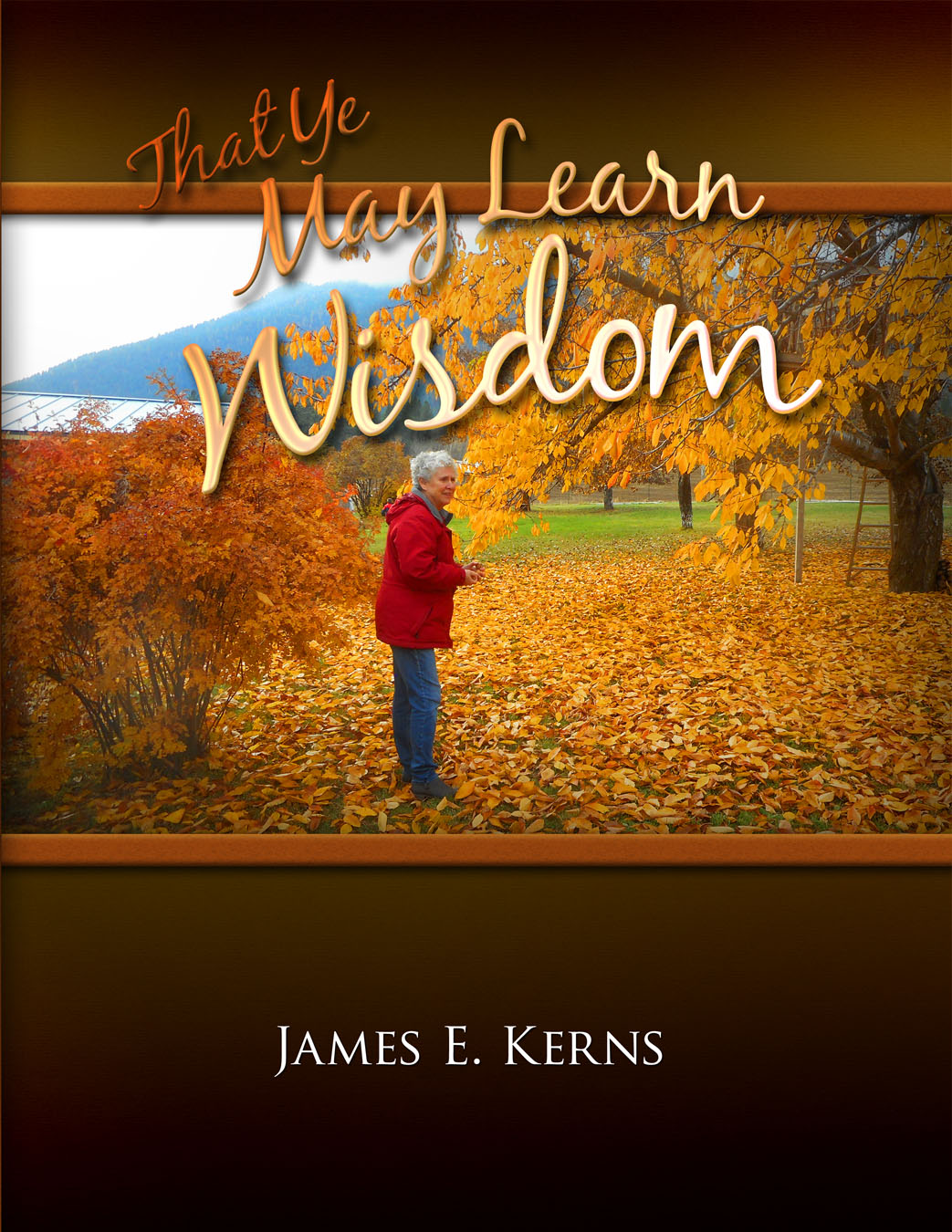Categories: All Articles, Courage, Faith, Last Days, That Ye May Learn Wisdom, Today
The Tables Suddenly Turn
Daniel was an adviser and high official working under king Darius. The king's other officials were jealous of his status, and were irritated by his steadiness and righteousness. They cunningly used his righteousness to bring an accusation against him which caused him to be cast into a den of lions. They then congratulated themselves on their success and cleverness in ridding themselves of their irritant and the man who they saw as their political competitor.
Their smugness lasted all night. The next day they were each in turn horrified when teams of soldiers arrived at their doors and led them away to have their own encounters with the vicious lions which had refused to harm righteous Daniel.
The tables had suddenly turned. Their wickedness had come to light, and the fate they had planned for Daniel became theirs instead.
There are other examples of tables suddenly turning.
Consider the Nephites. Both the faithful church members and the wicked among the Nephites were watching for the sign of a day and a night and a day which Samuel had prophesied would signify the birth of the Savior. The wicked people among the Nephites exulted when they felt that the five-year limit for the sign to appear had passed. They set a date for the execution of the church members. One evening just before the big day, their rejoicing gradually turned to horror as the sun set, and night failed to happen. The world remained as bright as day, and stayed that way until the sun rose again. All strength went out of them, and they "fell to the earth and became as if they were dead." (3 Nephi 1:16).
Those wicked Nephites were luckier, or smarter, than the Pharisees and Jewish rulers who had the Savior crucified 34 years later. The Nephites let their astonishment lead them to repentance. The Jewish leaders, on the other hand, doubled down and stuck to their pride, hypocrisy, and wickedness when their perfidy became apparent. How do you suppose they felt as they observed night come at noon as Jesus was nailed to the cross? (Matthew 27:45). What pangs went through them when at the death of Jesus a great earthquake shook the earth? How did they feel when a report came that the earthquake had rent the veil covering the holy of holies in the temple from top to bottom? (Matthew 27:51). That was the most sacred spot on earth, and it was now exposed to the view of everyone.
On Friday they had congratulated themselves on their success in getting Jesus crucified, but because of these signs, they were nervous on Saturday. Jesus had said that He would rise again the third day. What if He did? How might they prevent it? They had Pilate assign some Roman soldiers to watch the tomb in case Jesus' disciples should come and steal the body and say that He had been resurrected. (Matthew 27:62-66).
Imagine their consternation and horror when on Sunday the frightened soldiers came and reported that an angel had rolled the stone away from the door of the tomb? (Matthew 28:2-4). They gave the soldiers bribe money and instructions to lie about what they'd seen. (28:11-15). But reports came from all sides that Jesus had indeed been resurrected, and not only that, but that many other saints had been resurrected "and appeared unto many." (Matthew 27:52-53).
It is beyond my comprehension to understand how those proud, haughty, awful men were able to cling to their wickedness in the face of what they knew to be true. Their initial rejoicing over their success in getting Jesus crucified surely turned into lifetimes of dread knowing that they would have to face the eternal consequences of what they'd done. They knew, and they feared.
Contrast their turned table to that of Mary Magdalene. She went to the tomb Sunday morning in the most profound grief and heartbreak. All of her hopes, expectations, and knowledge had been shattered by Jesus' death. But the table turned for her, too—in an instant—when Jesus simply said her name in His familiar voice.
Her turned table became a lasting joy. The turned table of the Jewish rulers became one of eternal gnashing of teeth.
There is a limerick which I really like and which I like to quote that applies here:
"God's plan made a hopeful beginning,
But man spoils his chances by sinning;
We trust that the story
Will end in God's glory,
But at present the other side's winning."
The other side may seem to be winning when we look at the pandemic, the riots and demonstrations, the fires and hurricanes, and the political posturing that are currently taking place in our nation; but nothing is more sure than the fact that righteousness will prevail.
"Be of good courage, and he shall strengthen your heart, all ye that hope in the Lord." (Psalms 27:24).
